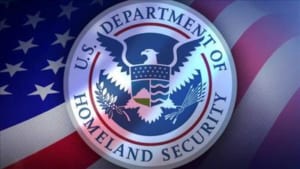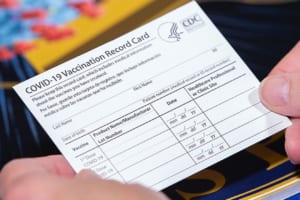 U.S. immigration law classifies certain criminal offenses as a “crime involving moral turpitude” (CIMT). If a foreign national is convicted of a CIMT or admits to the commission of a CIMT whether the crime was committed in the United States or abroad, it may render him or her inadmissible to immigrate to the United States. The most common CIMT offenses are fraud, larceny, or the intent to harm persons or things. Determining whether an offense is a CIMT is based on statutory conviction or admission which involves moral turpitude. The presence of moral turpitude is determined by the nature of the statutory offense for which the person was convicted or made the admission, particularly in the wording of the specific law that the foreign national was convicted under and not by the specific acts of the conviction.
U.S. immigration law classifies certain criminal offenses as a “crime involving moral turpitude” (CIMT). If a foreign national is convicted of a CIMT or admits to the commission of a CIMT whether the crime was committed in the United States or abroad, it may render him or her inadmissible to immigrate to the United States. The most common CIMT offenses are fraud, larceny, or the intent to harm persons or things. Determining whether an offense is a CIMT is based on statutory conviction or admission which involves moral turpitude. The presence of moral turpitude is determined by the nature of the statutory offense for which the person was convicted or made the admission, particularly in the wording of the specific law that the foreign national was convicted under and not by the specific acts of the conviction.
If found to be inadmissible because of a CIMT, a waiver of inadmissibility may be available. When adjudicating a waiver, the U.S. Department of Homeland Security, will look to determine if any of the following elements exist:
- The criminal activities which rendered the foreign national inadmissible occurred more than 15 years before the date of the immigrant visa application; or
- The foreign national’s admission to the United States would not be contrary to the national welfare, safety, or security and the foreign national has been rehabilitated.
Waivers are not available for foreign nationals who have been convicted of (or has admitted to committing acts that constitute) murder, criminal acts involving torture, or conspiracy to commit either murder or criminal acts involving torture.
For more information on whether a certain crime is considered to be a crime involving moral turpitude, contact us to schedule a consultation session with a U.S. immigration attorney.








